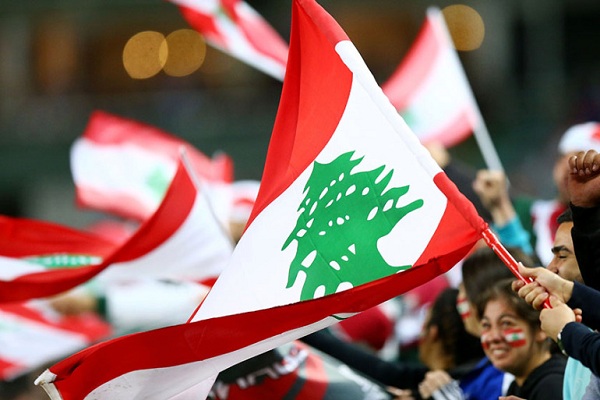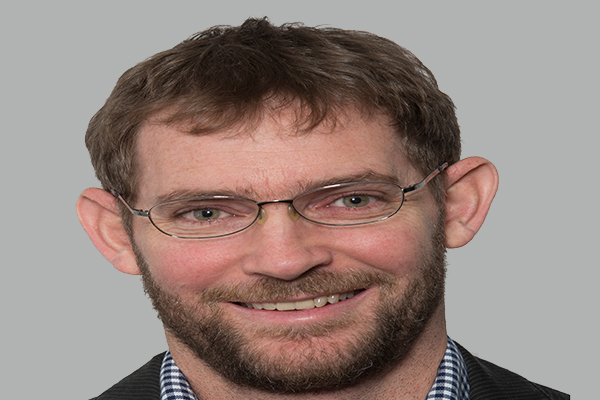Europe Can’t, Shouldn’t Try to Control What Happens in Lebanon: Scholar

The Europeans’ “main objectives should be to support positive change, in line with the values like peace, human rights, liberal democracy and economic prosperity that they mention in all of their policy papers,” Mark Furness told IQNA in an interview.
Mark Furness is a senior researcher at the Deutsches Institut für Entwicklungspolitik (German Development Institute). His work areas include EU foreign relations, EU development policy, and security and development.
Following is the text of the interview:
IQNA: Currently, the political and economic situation in Lebanon is very fragile. Some believe that the country could become a new Somalia in the Middle East without foreign support. How true do you think these statements are?
Furness: Lebanon is indeed facing difficult times and an uncertain future. The national pact has become progressively less functional over the decades, and the corruption inherent in the system turned out to have devastating consequences in the port explosion last year. Nevertheless, I don’t see the country disintegrating into a ‘new Somalia’. For all of its dysfunction, the system has proved quite resilient. I won’t pretend to know all of the intricacies of Lebanon’s complex politics, but my outsider’s impression is that the sectarian warlords who run the country can live with their fiefdoms, more or less, and don’t want to risk a wider conflict. Lebanon’s big strength is of course its people, who also don’t want the country to fail. They want a properly functioning state at last, instead of one that cannot provide security or collect rubbish from the streets. Lebanon has a relatively free and effective civil society and, by regional standards, high degrees of press freedom and public debate. Many of these voices have been calling for a new social contract for Lebanon, and Europeans should support this.

IQNA: What is the role of EU countries in the political and economic scene of Lebanon?
Furness: The EU and countries like France and Germany are facing a dilemma in Lebanon. On the one hand, international support for things like infrastructure and debt relief requires legitimate state partners. Countries wishing to sign a loan agreement with an international financial institution require a national government to assume responsibility. On the other hand, the more support the international community provides to Lebanon, the bigger the cake to be shared among the sectarian leaders. France and Germany tried to make reconstruction assistance conditional on systemic reform after the port explosion, but nothing much has changed. In my view, there needs to be much more focus on two levels: first, supporting state agencies in providing social protection, along the lines of what the World Food Program and UNICEF have been doing for refugees and host communities in cooperation with national ministries and local administrations. A second big area of focus is supporting civil society capacity building, especially regarding their ability to drive a national debate on a new social contract.
IQNA: Some believe that EU countries will not allow further political and economic tensions in Lebanon after experiencing the Syrian refugee crisis in Europe, and especially in Germany. To what extent can this be done?
Furness: I think the debate about the need to ensure Lebanon’s stability so that Syrian refugees don’t come to Europe was always based on prejudice and wrong assumptions about people’s capabilities and intentions. That debate has receded a bit now. Anyway, EU countries can’t and shouldn’t try to control what happens in Lebanon. Their main objectives should be to support positive change, in line with the values like peace, human rights, liberal democracy and economic prosperity that they mention in all of their policy papers. They have to keep providing for refugees in Lebanon because it is the right thing to do. They have to support the many actors and processes in Lebanon that are trying to build national institutions that can deliver for everyone.
IQNA: Do you think there can be a constructive dialogue on Lebanon between countries in the region that have influence in Lebanon (Iran, Saudi Arabia and Russia) and European countries?
Furness: I think an international dialogue on Lebanon is essential. Real change has to come from within the country and cannot be imposed from outside. Nevertheless, the potential agents of change inside Lebanon face massive obstacles, and some of these are strengthened by the involvement of other regional players. While it is unlikely that actors like Iran or Saudi Arabia want to see a liberal democracy emerge in Lebanon, their interests in the country are linked to broader geopolitical, economic and security questions where the EU, its members, and the USA can create incentives.
Interview by Mohammad Hassan Goodarzi
 Most Commented
Most Commented 


